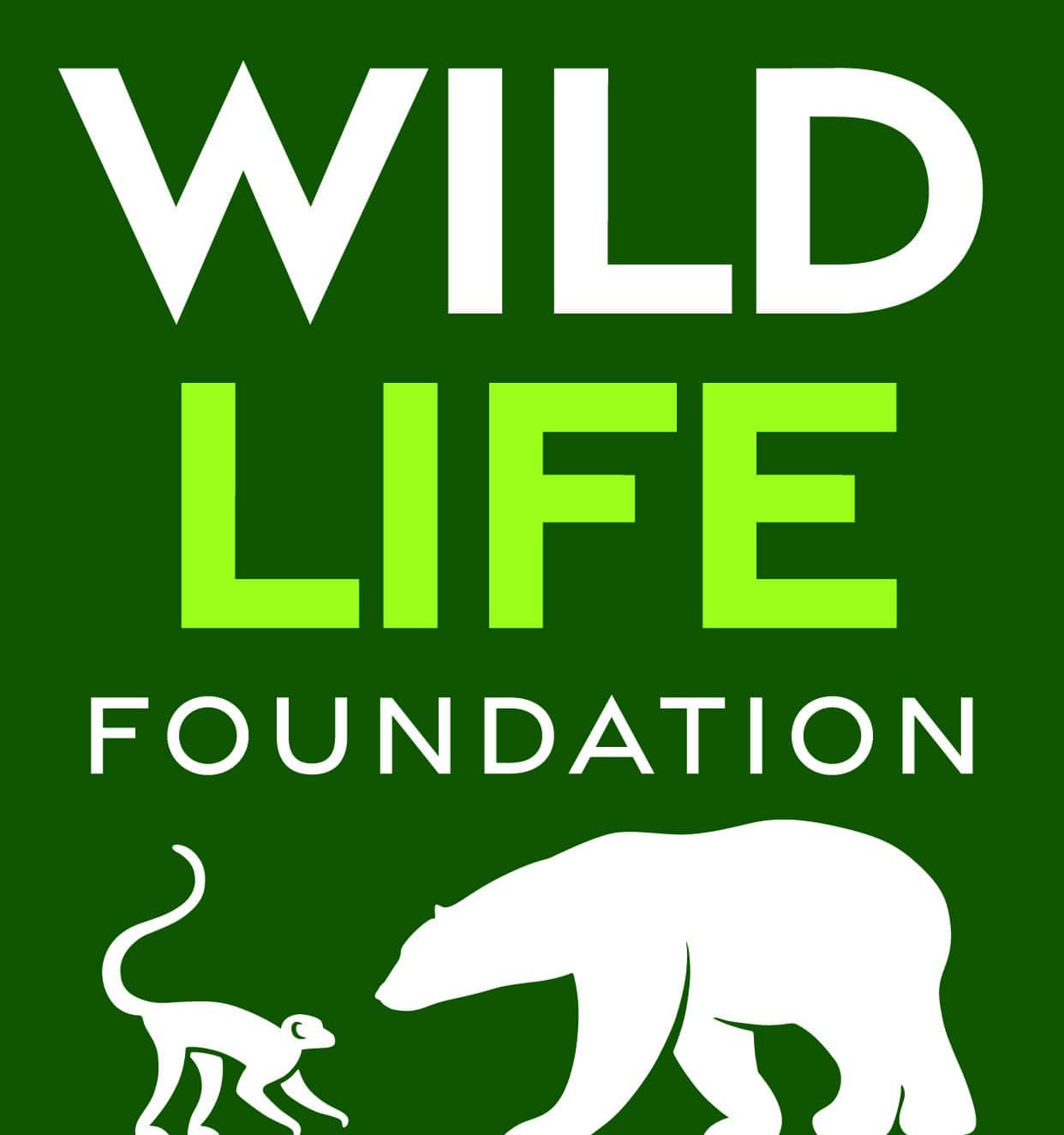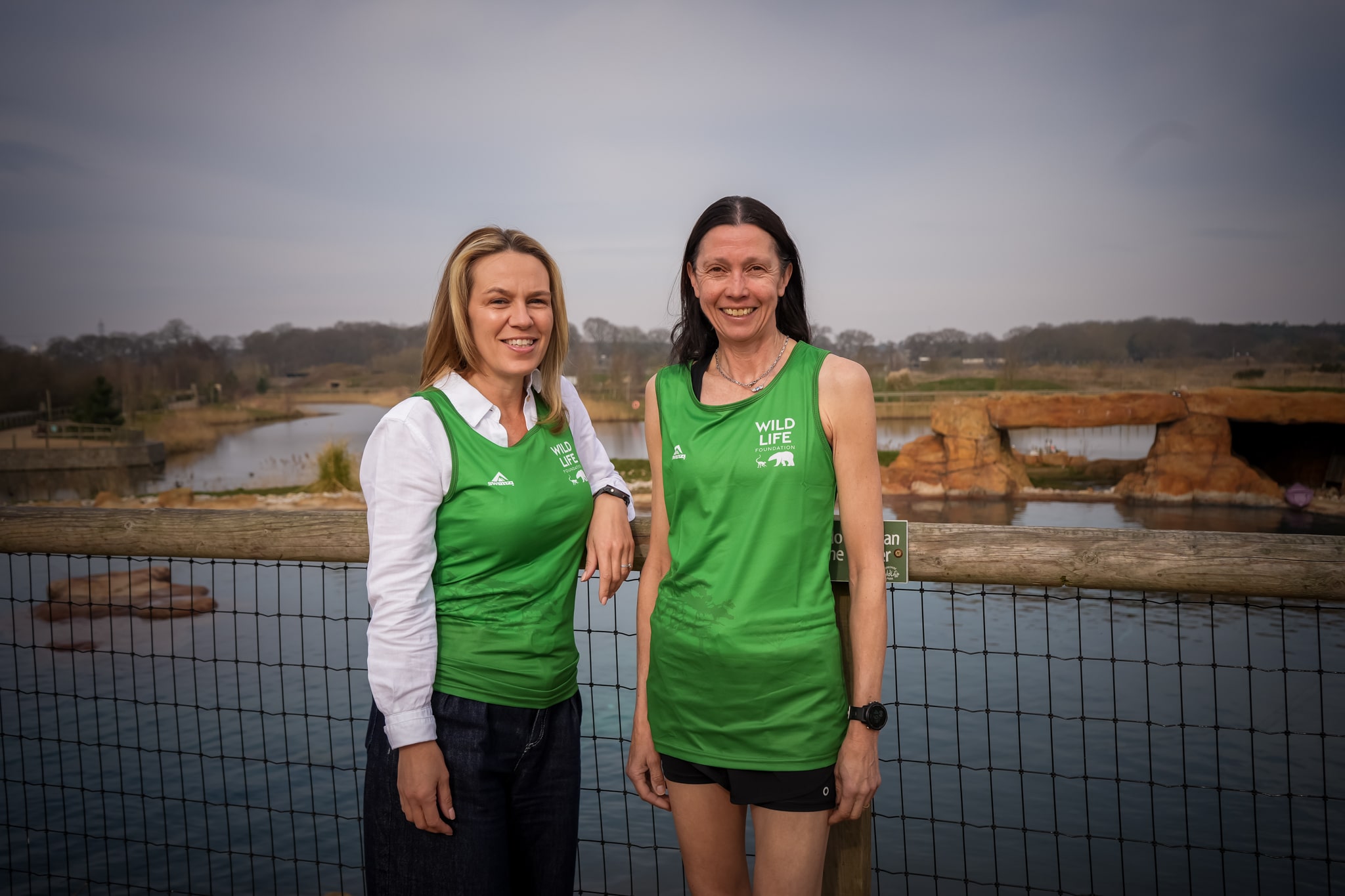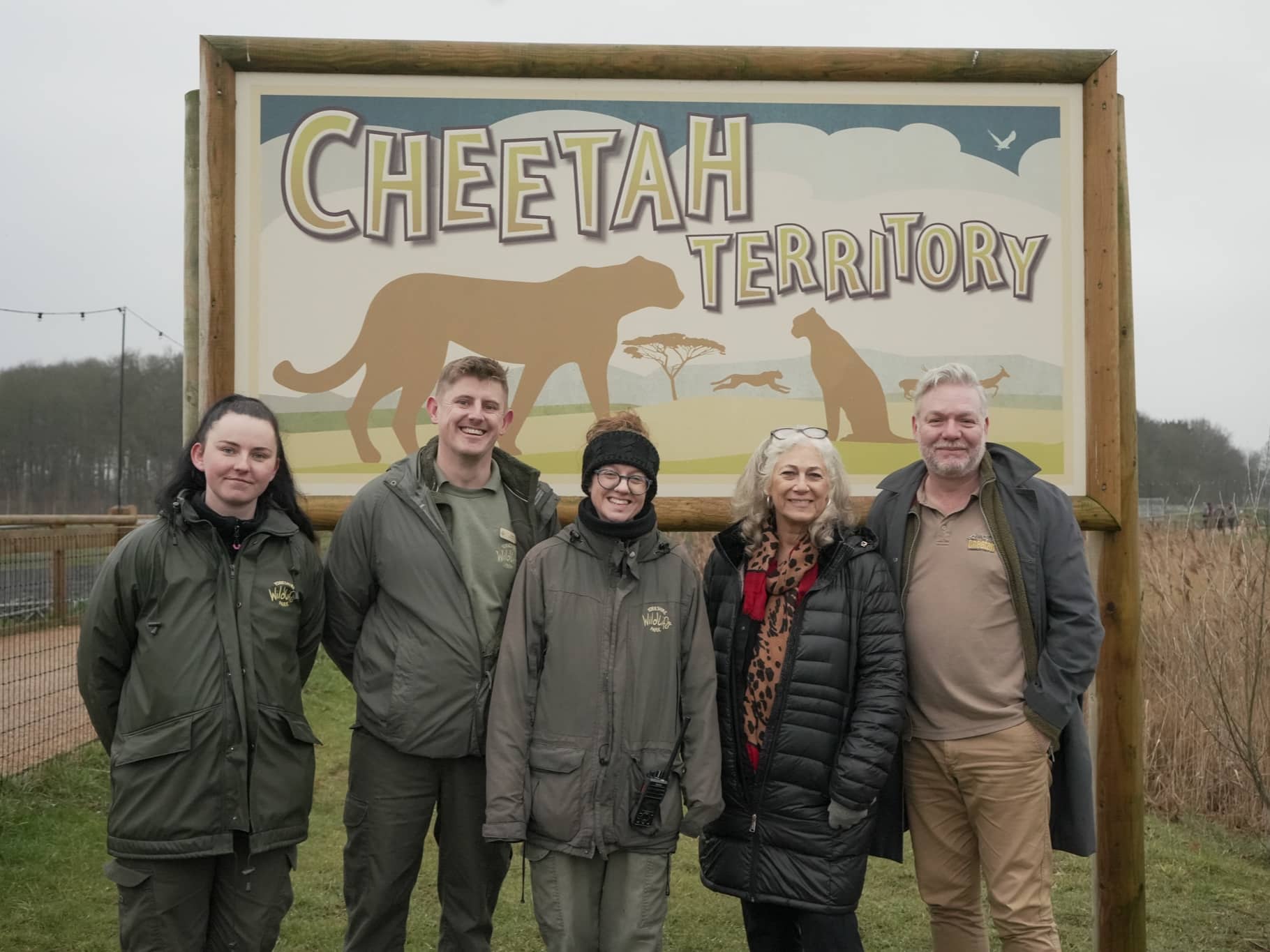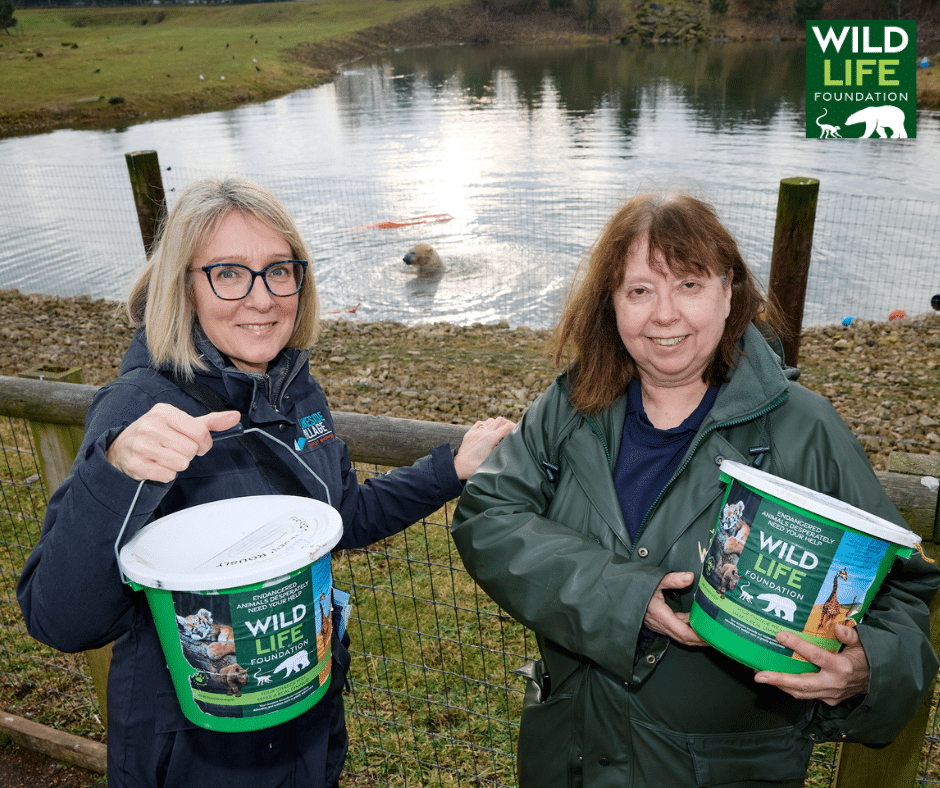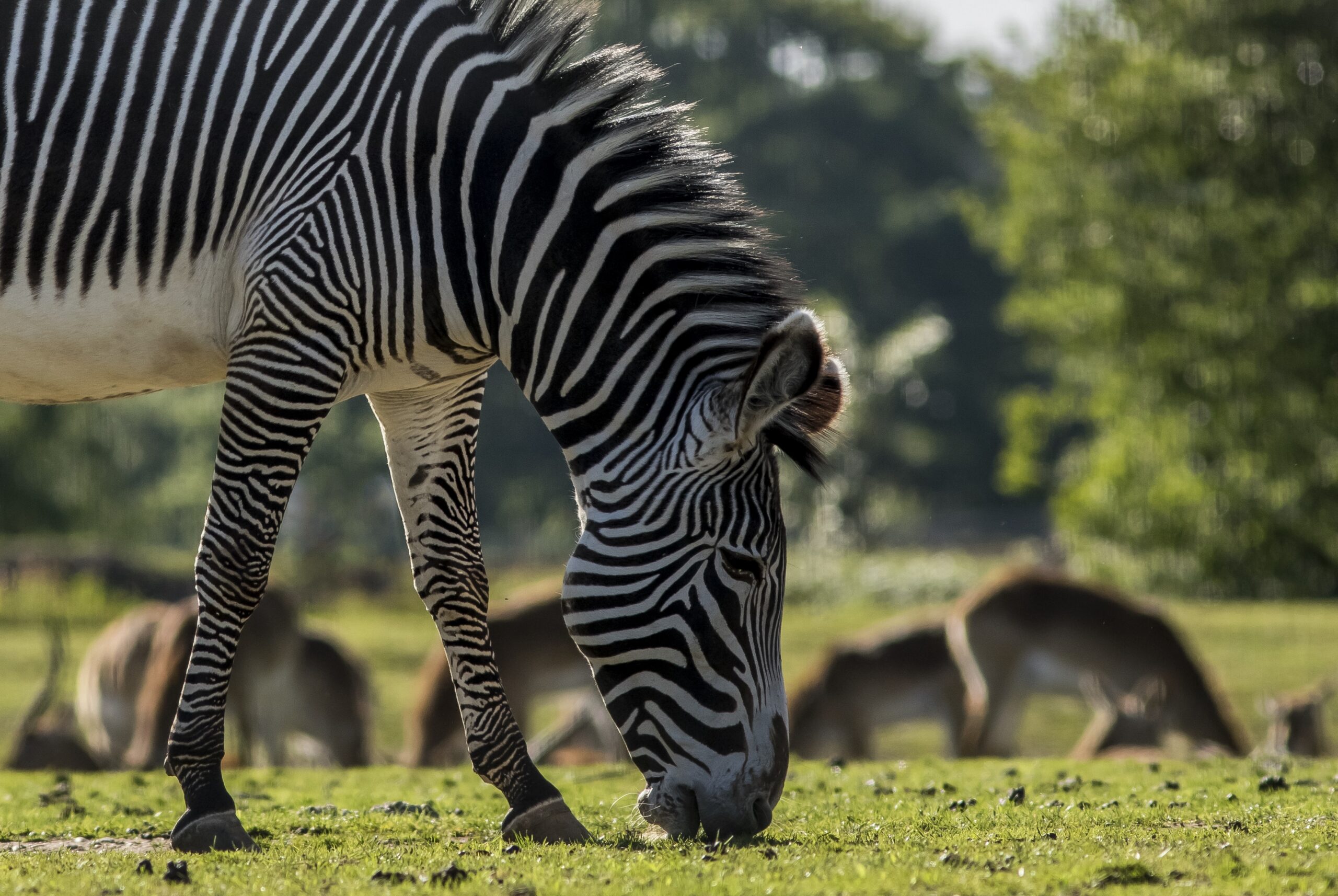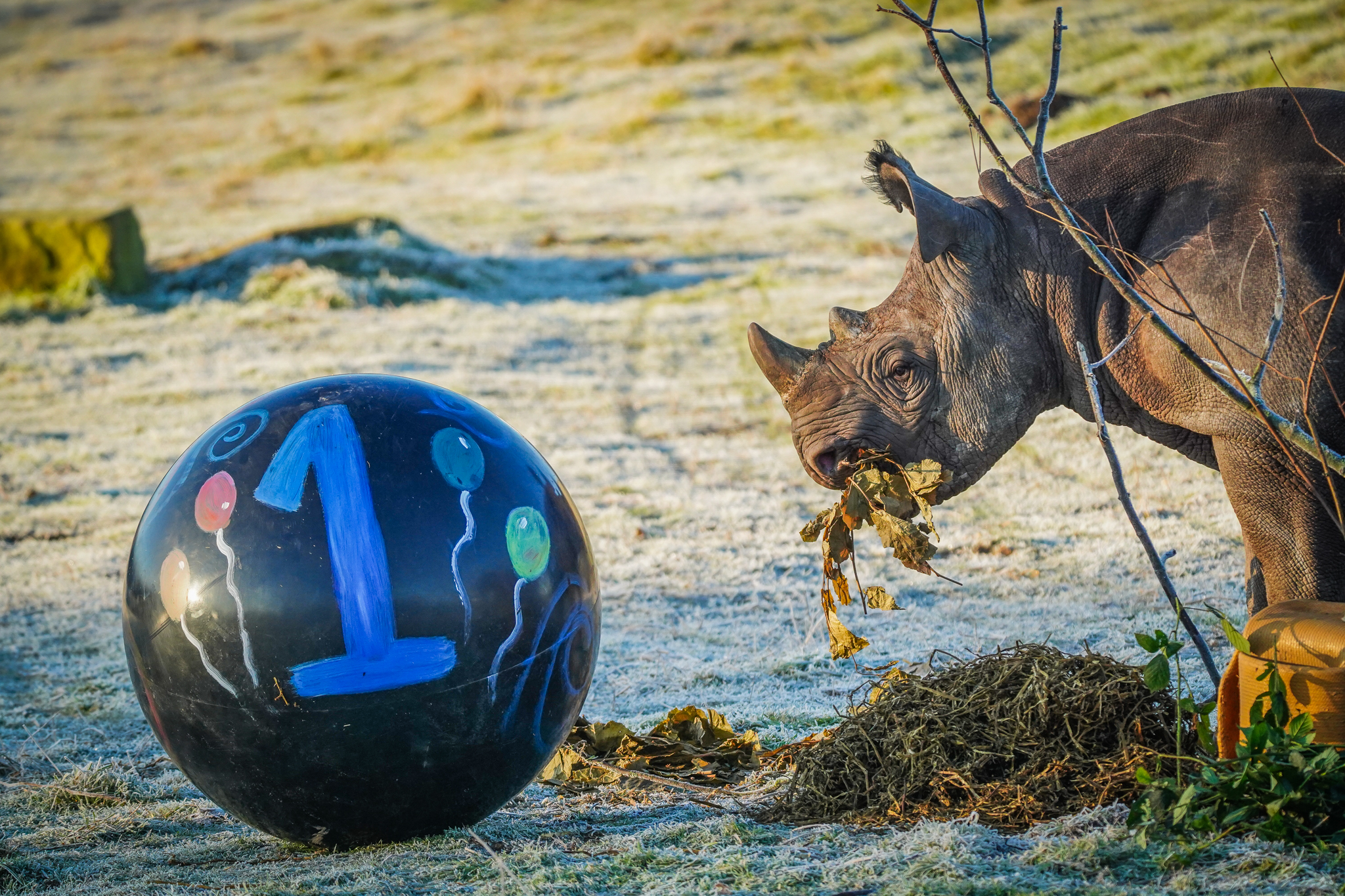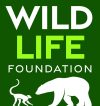Our partner, West African Primate Conservation Action (WAPCA) has recently shared their 6-month Cape Three Point Project report and we wanted to share all their latest updates with you! So, let’s get started…
 At their Cape Point reserve, Ghana, WAPCA monitor, research and protect Roloway Monkeys from poaching in forests, as well as educating local communities about forest conservation and working on developing sustainable agriculture. Since July 2020, WAPCA (in partnership with Hen Mpoano) have been working to ensure the maximum protection of the reserve from illegal activities; to support sustainable livelihood for forest fringing communities; and to improve the biodiversity through several community led initiatives!
At their Cape Point reserve, Ghana, WAPCA monitor, research and protect Roloway Monkeys from poaching in forests, as well as educating local communities about forest conservation and working on developing sustainable agriculture. Since July 2020, WAPCA (in partnership with Hen Mpoano) have been working to ensure the maximum protection of the reserve from illegal activities; to support sustainable livelihood for forest fringing communities; and to improve the biodiversity through several community led initiatives!
Now we know that sounds a bit of a mouthful, so here’s a quick explanation of what this all means. WAPCA have increased capacity and strengthened their community patrols, implemented awareness campaign programmes, and are working on restoring degraded areas of the forest reserve in Ghana.
But it doesn’t stop there, WAPCA have also been working on strengthening community resource management within the areas, and engaging with forest commissioners, including local NGO’s and other stakeholders to help. A lot of information to absorb: but all of WAPCA’s work plays a vital part in protecting Roloway monkeys!
 Community engagement and support is crucial to this. Earlier this year, WAPCA organised a two-day intensive training for twenty-two community monitoring team members, to help upskill these new recruits and provide them with the knowledge and techniques required for forest patrols, as well as being given suitable equipment like raincoats and boots.
Community engagement and support is crucial to this. Earlier this year, WAPCA organised a two-day intensive training for twenty-two community monitoring team members, to help upskill these new recruits and provide them with the knowledge and techniques required for forest patrols, as well as being given suitable equipment like raincoats and boots.
Need to know more? WAPCA also recently signed a 12-month radio broadcasting contract with Ogya FM in Agona Nkwanta to raise awareness of key conservation issues in the Cape Three Points landscape. Radio is a great tool for expanding the reach of WAPCA’s audiences and the team hope reaching a larger audience beyond the forest’s fringe communities will provide relevant information about the reserve and help produce more conservation action. Great thinking from the WAPCA team!
The radio programme runs twice every month on Thursday afternoon, and features experts from government institutions, NGO’s and from the communities to discuss, hear feedback and take questions from listeners during call-in sessions.
Even more good news: as part of WAPCA’s efforts to restore degraded areas around the forest reserve, the team secured six sites for six nurseries, to plant trees and serve as buffer zones along the boundary’s lines of the forest reserve. WAPCA and Hen Mpoano also took delivery of over 2000 tree seedlings from the Forestry Services Division as part of the Green Ghana Event! The tree seedlings were planted within the communities by nurses, school children and teachers, and distributed to other communities’ members who requested them. The forests are vital to protect Roloway Monkeys who live at the Cape Point reserve!
More about Roloway Monkeys and the WAPCA project!
Roloway monkeys definitely stick out from the crowd: they are quite large, have a triangular face, black and white coat, pointy beard and yellow thighs and bum. They’re an arboreal species, which means they live in trees, and they like undisturbed forests best! That’s why Roloway Monkeys need our help.
The species can be hunted for meat and fur, and because they like very specific forests, they are struggling for habitats which are destroyed for logging and agriculture.
BUT, we can help! Our funding helps to support WAPCA’s project in Ghana to monitor and research these primates, and also provide welfare work at Accra Zoo. At this zoo, Roloway Monkeys can be brought in for rehabilitation!
You can find out more about WAPCA’s work by clicking here.
You can find out more about WildLife Foundation work and other conservation projects by clicking here.
